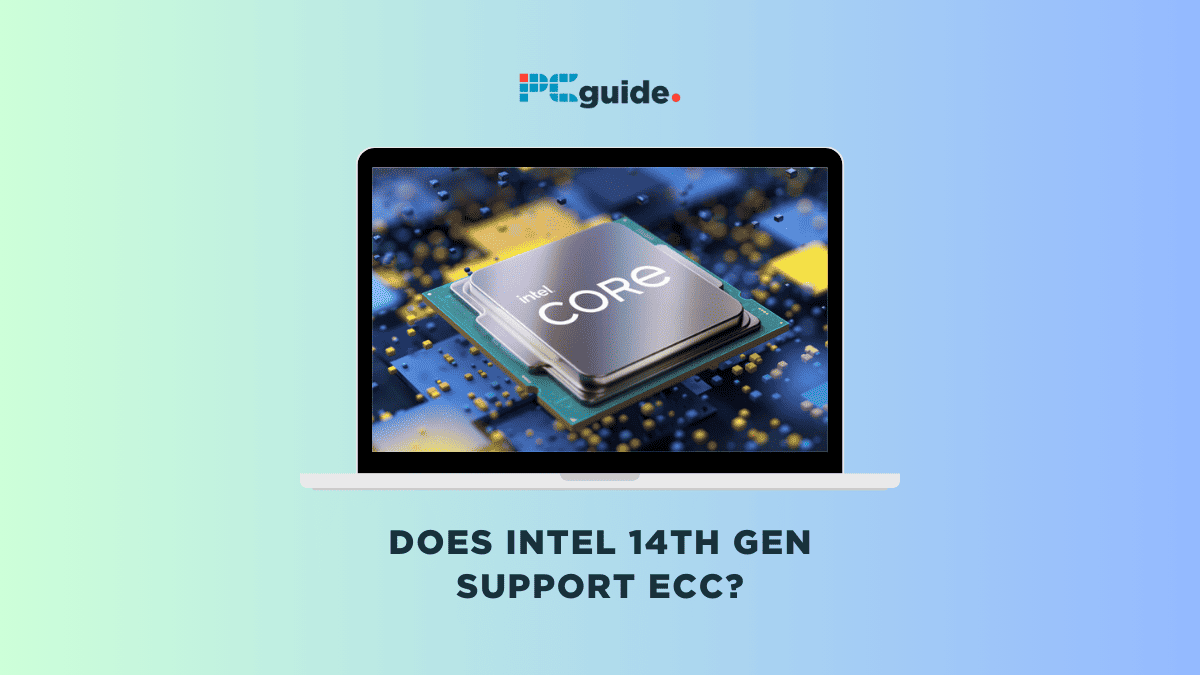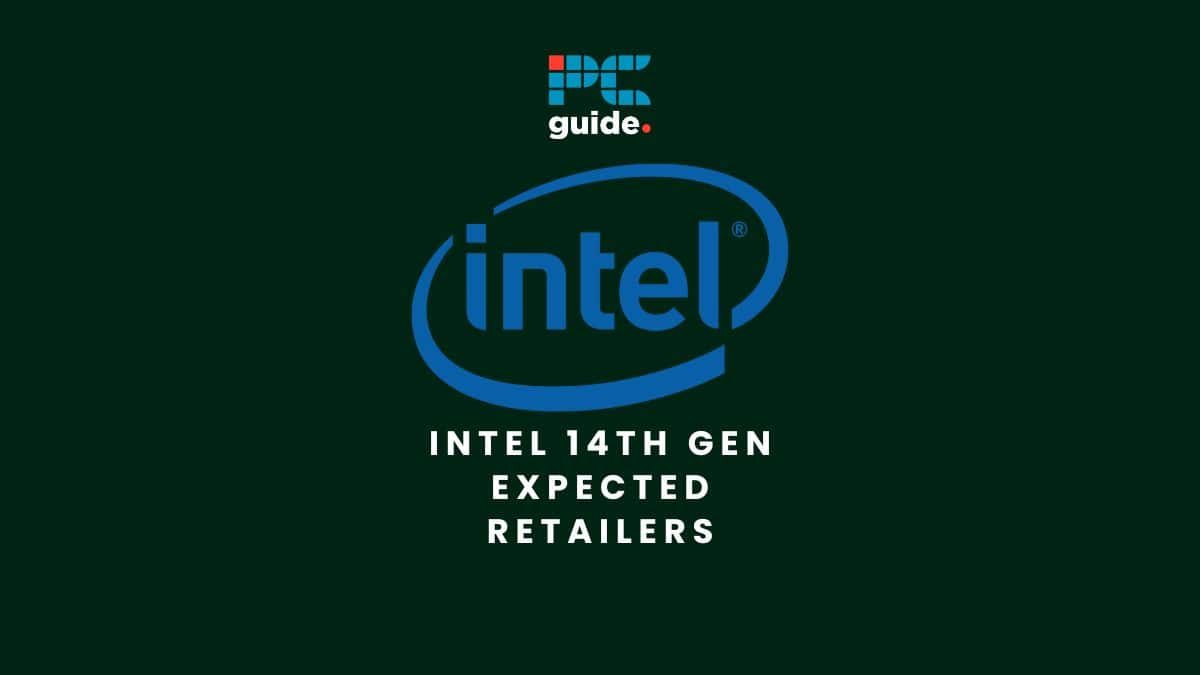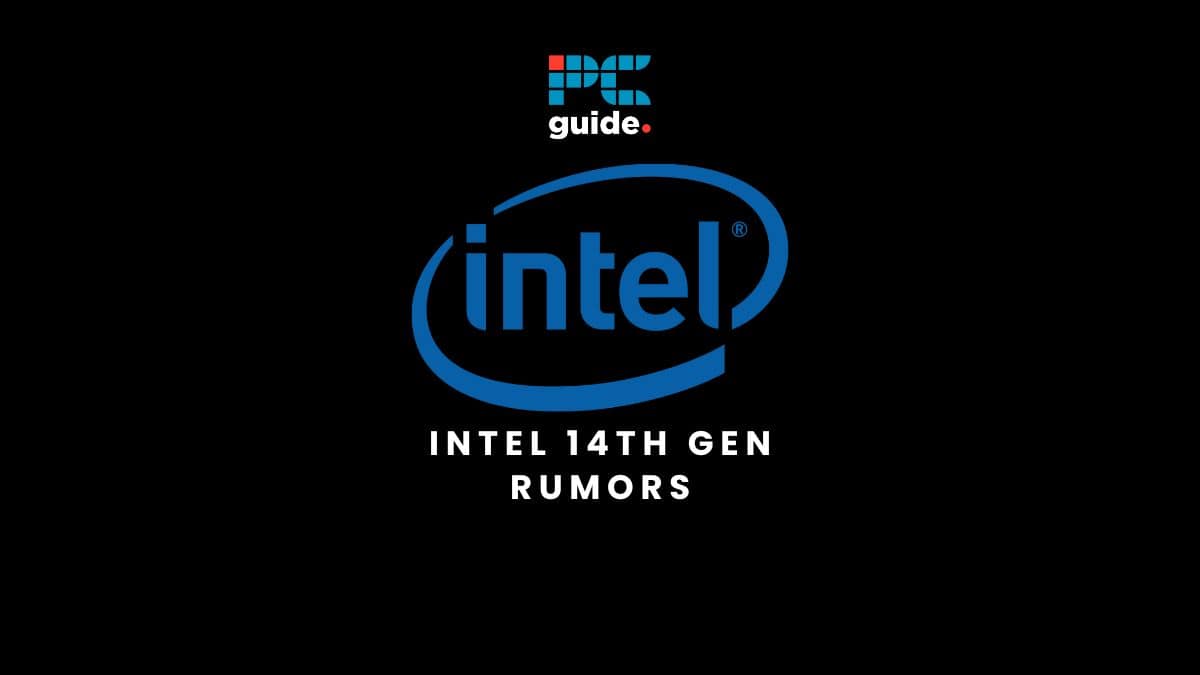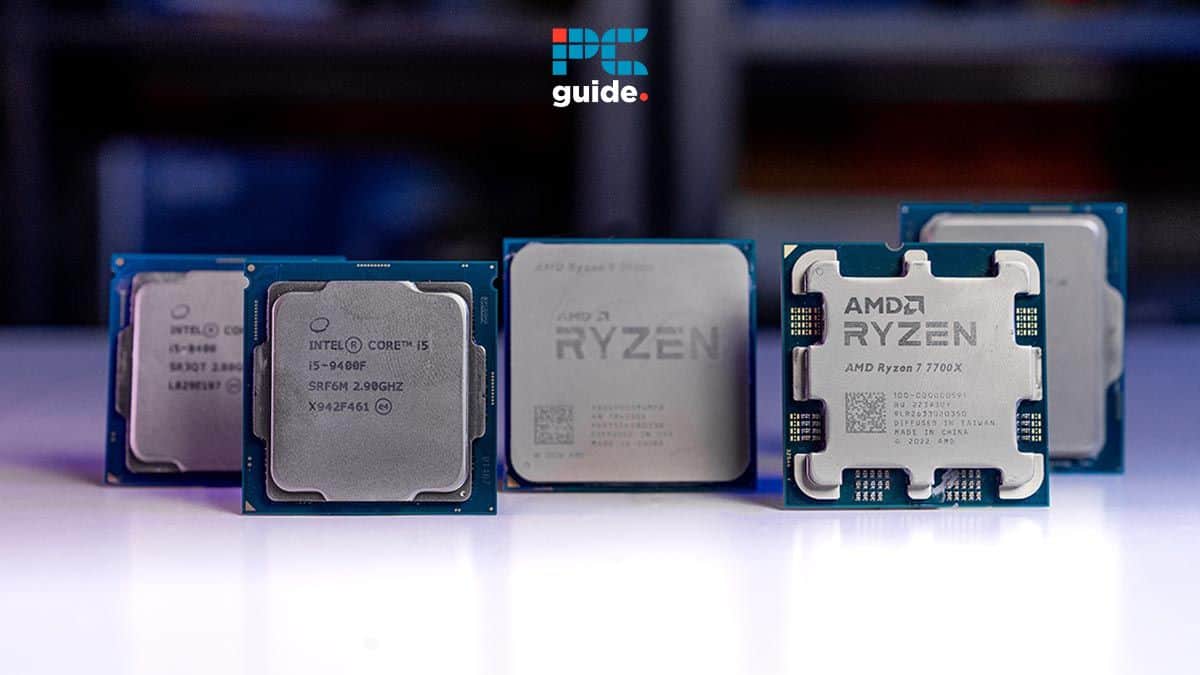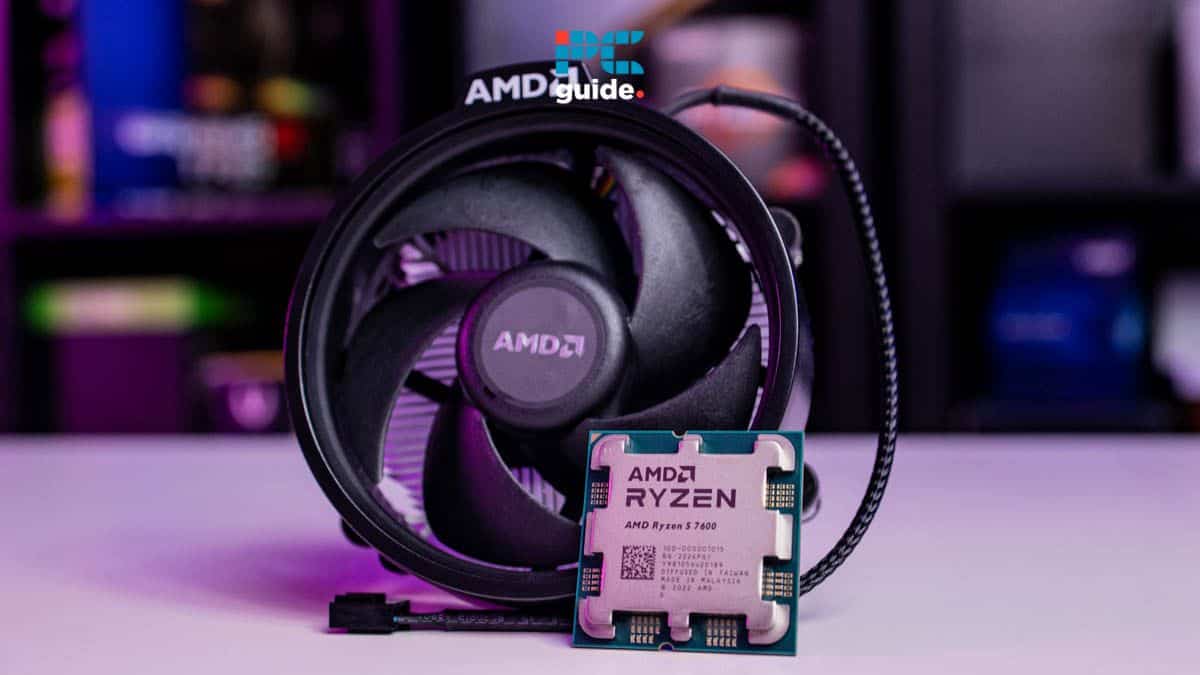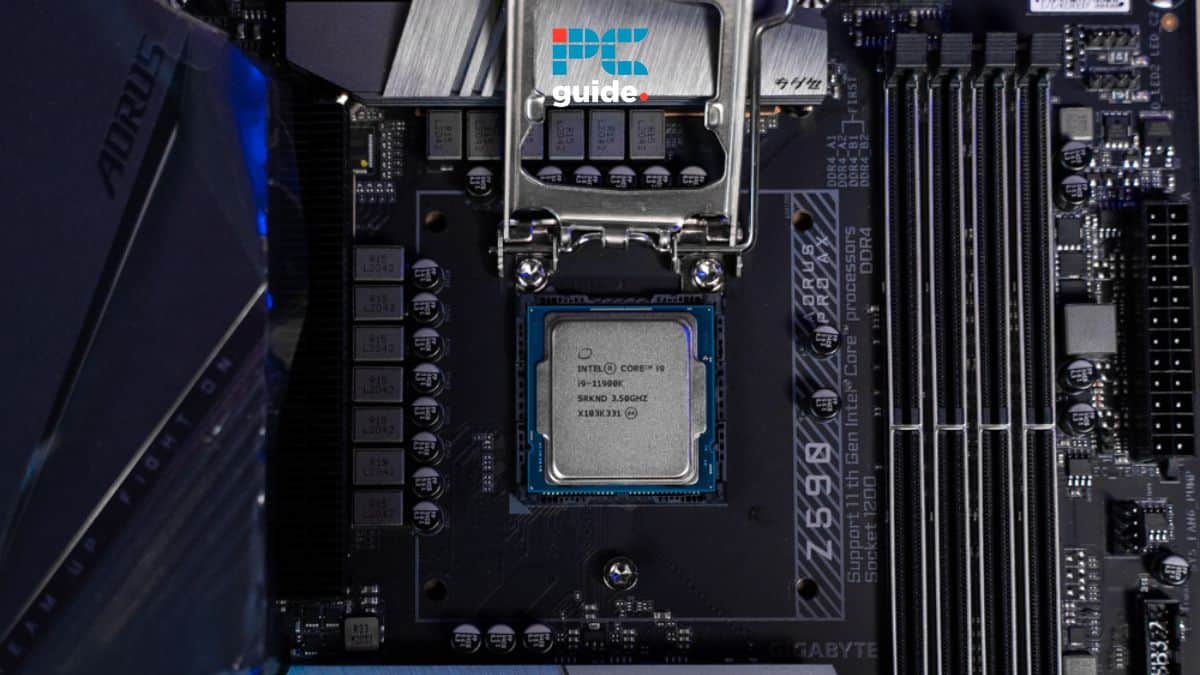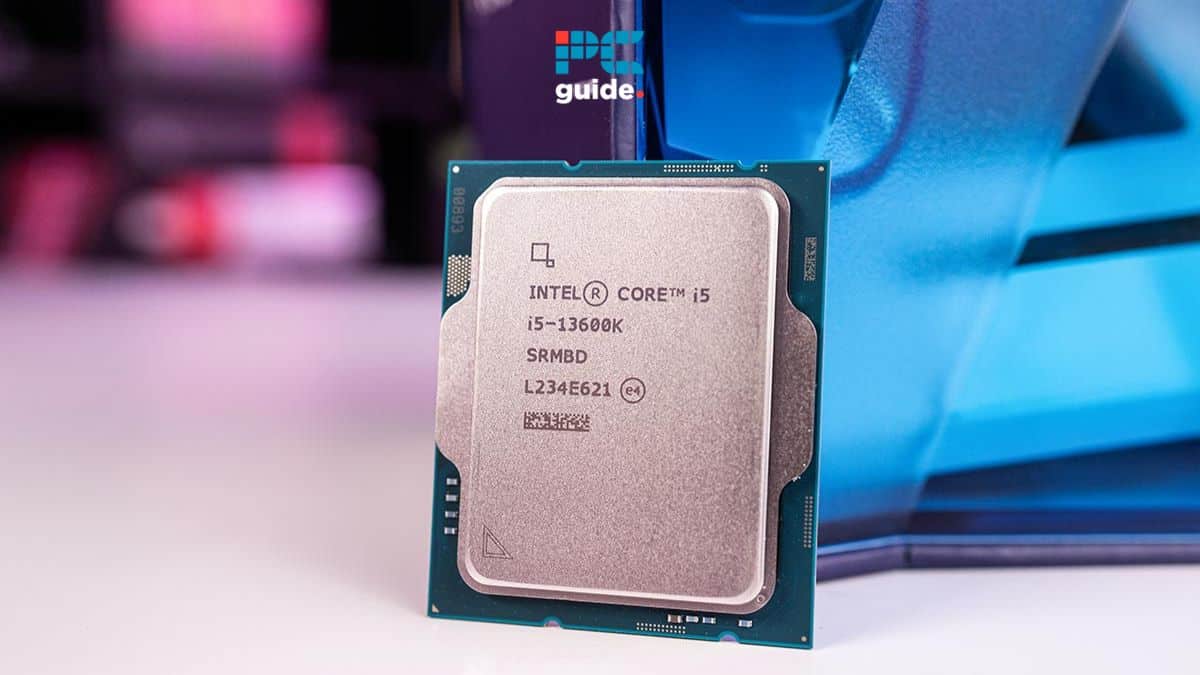Although the date is not officially specified yet, the release of Intel 14th gen is on the horizon. In fact, even the list of expected retailers is out. With this new generation of Intel’s processors comes an array of questions.
Most of these questions are about the new features and capabilities they will have. However, there are some features we have seen in the previous generations of Intel processors that make us curious about whether the new generation will continue to have them or not. One such question is on the support of Error-Correcting Code (ECC) memory.
In this article, we will discuss that very question of does Intel 114th gen supports ECC.
Does Intel 14th gen support ECC?
The buzz around Intel’s 14th-generation processors is palpable, with questions ranging from “Will 14th gen work on Z790” to “Will they support DDR5”. One query that has caught the attention of many is whether these new processors will support Error-Correcting Code (ECC) memory technology. Let’s delve into what we know so far.
Intel 14th gen CPU and ECC: What’s the official word?
As of now, Intel has not made an official announcement regarding ECC support for their 14th-gen CPUs. However, given that this generation is largely considered a Raptor Lake Refresh, it’s plausible to assume that certain processors and motherboards within this lineup may offer ECC support, similar to the 13th-gen Intel CPUs.
Raptor Lake Refresh vs. Alder Lake: Main differences
The 14th-gen Intel CPUs, also known as the Raptor Lake Refresh, don’t present significant upgrades over their Alder Lake predecessors. This leads experts to believe that, like the 13th-gen Alder Lake processors, some high-end 14th-gen CPUs are likely to support ECC. However, this remains speculative until Intel releases an official statement.
Compatibility with motherboards and sockets
When it comes to motherboard vendors and socket compatibility, it’s crucial to note that not all motherboards may support ECC RAM. The socket type also plays a role in determining ECC support. For those interested in the 13th-gen ECC support list, it’s available on Intel’s official website.
Upcoming technologies: Meteor Lake and beyond
While we’re on the topic of 14th-gen processors, it’s worth mentioning that Intel has plans for Meteor Lake, which could potentially bring new memory technologies and graphics card integrations. Whether ECC will be a standard feature in these future platforms remains to be seen.
Additional features: Bluetooth and more
Aside from ECC and memory technology, the 14th-gen Intel CPUs are expected to come with enhanced Bluetooth capabilities, although details are scant at this point.
Until Intel makes an official announcement, it’s all speculation. But given the trends and the lack of significant changes from Alder Lake to Raptor Lake Refresh, it’s a safe bet that ECC support will likely be a feature in some high-end desktop processors in the 14th-gen lineup.
What is ECC memory?
Error-Correcting Code (ECC) memory is a specialized type of RAM designed to enhance data reliability. Unlike standard, non-ECC memory, ECC memory can detect and correct common data corruption errors, adding an extra layer of security and reliability to your computing experience.
How ECC memory works: Chips and clock speeds
ECC memory works by using additional chips that provide an extra data byte for every 64 data bytes the memory module handles. This extra byte is used to store parity information, which helps in error detection and correction. The clock speeds, measured in GHz, of ECC memory modules are generally similar to those of non-ECC modules, meaning you don’t have to sacrifice performance for reliability.
Importance of ECC in different environments
ECC memory is particularly valuable in environments where data accuracy is paramount. This includes servers, workstations, and mission-critical applications. In these settings, even a minor error can lead to significant issues like system crashes, data corruption, and security vulnerabilities.
Compatibility considerations: E-cores, slots, and GB
When considering ECC memory for your system, it’s essential to check compatibility with your CPU’s e-cores and the available memory slots on your motherboard. ECC modules are often available in various capacities, typically measured in gigabytes (GB), to suit different needs and system configurations.
Hardware requirements: Chassis, HDMI, power supply, and ATX
To fully benefit from ECC memory, your system’s hardware should also be compatible. This includes the chassis size to accommodate the memory modules, HDMI ports if you’re connecting to external displays, and an adequate power supply. If you’re building a custom system, make sure to choose an ATX motherboard that supports ECC memory.
Connectivity: Wi-Fi considerations
While ECC memory primarily focuses on data reliability, it’s worth noting that it doesn’t directly impact other system features like Wi-Fi connectivity. However, a stable system thanks to ECC can contribute to overall better performance, including more reliable network connections.
Which Intel Core processors support ECC?
High-end Intel 12th and 13th gen processors, like the i9-13900KF, can support ECC when used with a motherboard utilizing the W680 chipset.
Conclusion
The inclusion of ECC memory support is a critical consideration for users who demand high levels of reliability and data integrity in their computing systems. While Intel has historically offered ECC support in its Xeon processor lineup, the details for the 14th-generation processors are not out yet.

